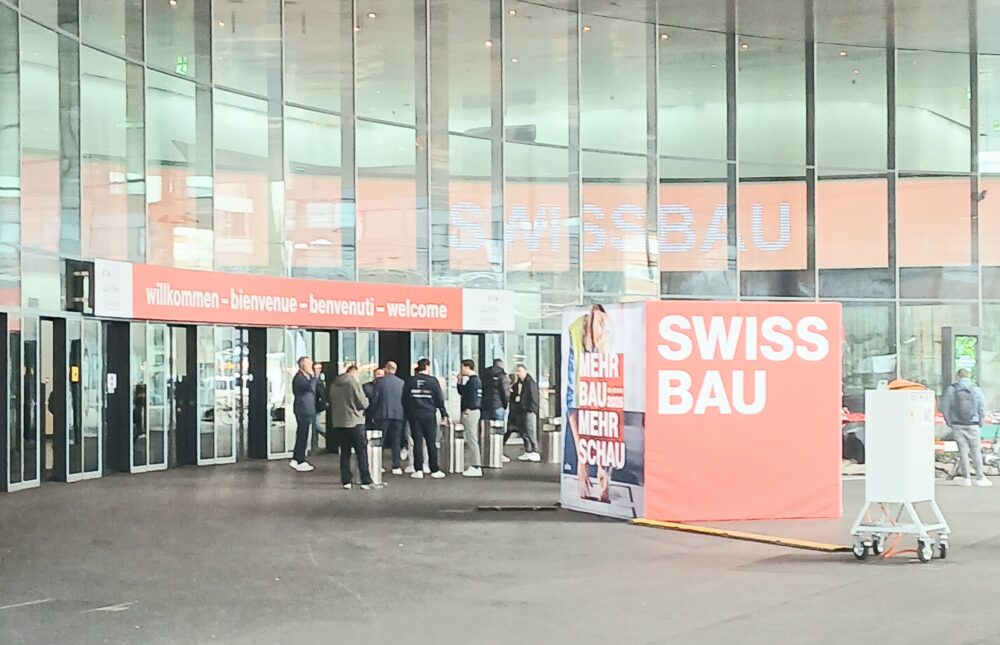Mobile access: four misconceptions
Access to buildings via smartphones is the latest trend. However, many companies are still unaware of and misconceive the use of mobile access solutions. The four most common reservations.

Many physical access control systems for gaining access to buildings, parking garages, or certain corporate areas have been in use unchanged for decades and are completely outdated, as HID Global writes. Mobile access solutions are now state of the art, but some companies still have reservations about using access solutions with mobile devices. Secure identity solutions provider HID Global explains why they are unfounded.
1. caveat: costly new installation
A common perception is that implementing a new access control system involves a lot of effort. However, a closer look reveals that upgrading an existing access control system can be completely seamless. Many modern security solutions can be easily integrated into the existing infrastructure - even using the components previously used, such as readers, panels or even cabling. The company's investment thus remains protected. Smartphones previously used in the company can also be easily prepared for mobile access use; neither special mobile devices nor the use of a new microSD card are required. However, if the access control system is already severely outdated, an upgrade is recommended from a security perspective alone. To be future-proof, the new technology should then also support mobile devices as access keys.
2. reservation: limited function
What happens when a smartphone has no reception? There are areas in buildings where network coverage is too poor to receive a signal. However, this aspect is irrelevant because communication directly between a physical access control reader and a smartphone takes place exclusively via Bluetooth or NFC. In other words, a data connection via LAN, cellular or the Internet is only required to transmit the mobile ID to the smartphone, tablet or wearable. Once it is set up on the mobile device, the device can also be used as a key without a network.
3. reservation: high safety risk
It may seem easier to compromise a security solution that can be accessed remotely than an ID card that the user carries with him. The opposite is true: using mobile IDs is more secure than using ID cards. All identity data is stored in an encrypted and tamper-proof manner - as cryptographically protected data objects in the smartphone's device memory. In addition, all mobile IDs are also linked to a specific device and are not transferable. Comparably high security would be extremely costly and difficult to achieve with an ID card.
Many companies also raise the question of what can happen in the event of smartphone theft. Analogous to the loss of an ID card, the unauthorized use of identity data can be prevented by locking it. If the device does fall into unauthorized hands, an optional PIN protects the app from unauthorized access to the mobile ID.
Assuming that the employee is more likely to register a possible smartphone loss than that of an ID card, this also enables the company to respond more quickly. Another advantage of mobile access solutions is the ability to perform dynamic security updates. Replacing or updating badges, on the other hand, is a time-consuming and costly process.
4. reservation: total monitoring
There is also a lingering prejudice that the introduction of a mobile access solution opens up yet another opportunity for companies to monitor employees or access private data. This skepticism, however understandable, is groundless. All that is required to use a mobile access solution is to install the operating system version required for app use and a push ID on the end device. Location data, for example, is not collected. Since the mobile access applications run in an encapsulated sandbox area, access to user data is also excluded.
"Traditional physical access control systems will continue to have their place in building security, as the systems are not mutually exclusive. However, at a time when mobile devices are increasingly shaping our everyday lives, the question is how long this will continue," emphasizes Markus Baba of HID Global. "Due to the increasing demand and the high interest of customers in the solutions, we see a clear trend towards mobile access. The benefits for companies speak for themselves: mobile access controls are more secure, easier to administer and enable cost savings through process optimization. And let's not forget that user convenience also increases, as ID cards or keys become superfluous."
Press Release HID Global









